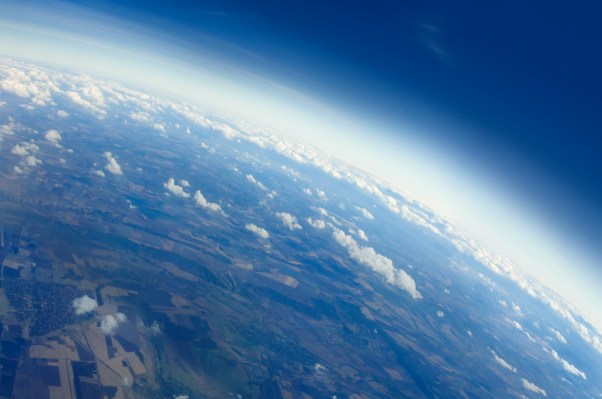Microsoft is embarking on a new sustainability initiative as part of its overall approach to support environmental protection measures, with a project it calls the ‘Planetary Computer.’ This will actually be a computing endeavor that uses aggregated global environmental data collected from a number of sources as its input, and that will seek to employe machine learning and other techniques to better understand the challenges faced in planetary health, and provide answers to both Microsoft clients and scientists about how to plan for sustainability.
If all that sounds pretty esoteric to you, you’re not alone. But in a blog post, Microsoft president Brad Smith detailed some specific examples of what it hopes the Planetary Computer will actually be capable of doing. Those include things like providing searchable satellite imagery, machine learning and user-sources data around actual on-the-ground forest borders for use in industrial construction site surveys or first preservation efforts; providing accurate current measurement sand impact forecast for water use for agricultural planning; providing wildlife biologists with global species habitat information to support preservation efforts; and more.
This is an evolution of Microsoft’s AI for Earth program, which was launched in 2017, and the actual development of the Planetary Computer will involve further investments in infrastructure, as well as participation from the existing AI for Earth grant recipients to built out analyses on the data collected. There’s also a new AI for Earth grant, valued at $1 million, provided to the Group on Earth Ovservations Biodiversity Observation Network to help act as a cornerstone for biodiversity data collection as part of the project.
To help, Microsoft is also partnering with Esri, a geographical mapping and information company that underpins a lot the related technological institute in that sphere. Geospatial data sets will be made available through Azure and Esri later this year for use by clients and institutions, and you can expect even more to come.
